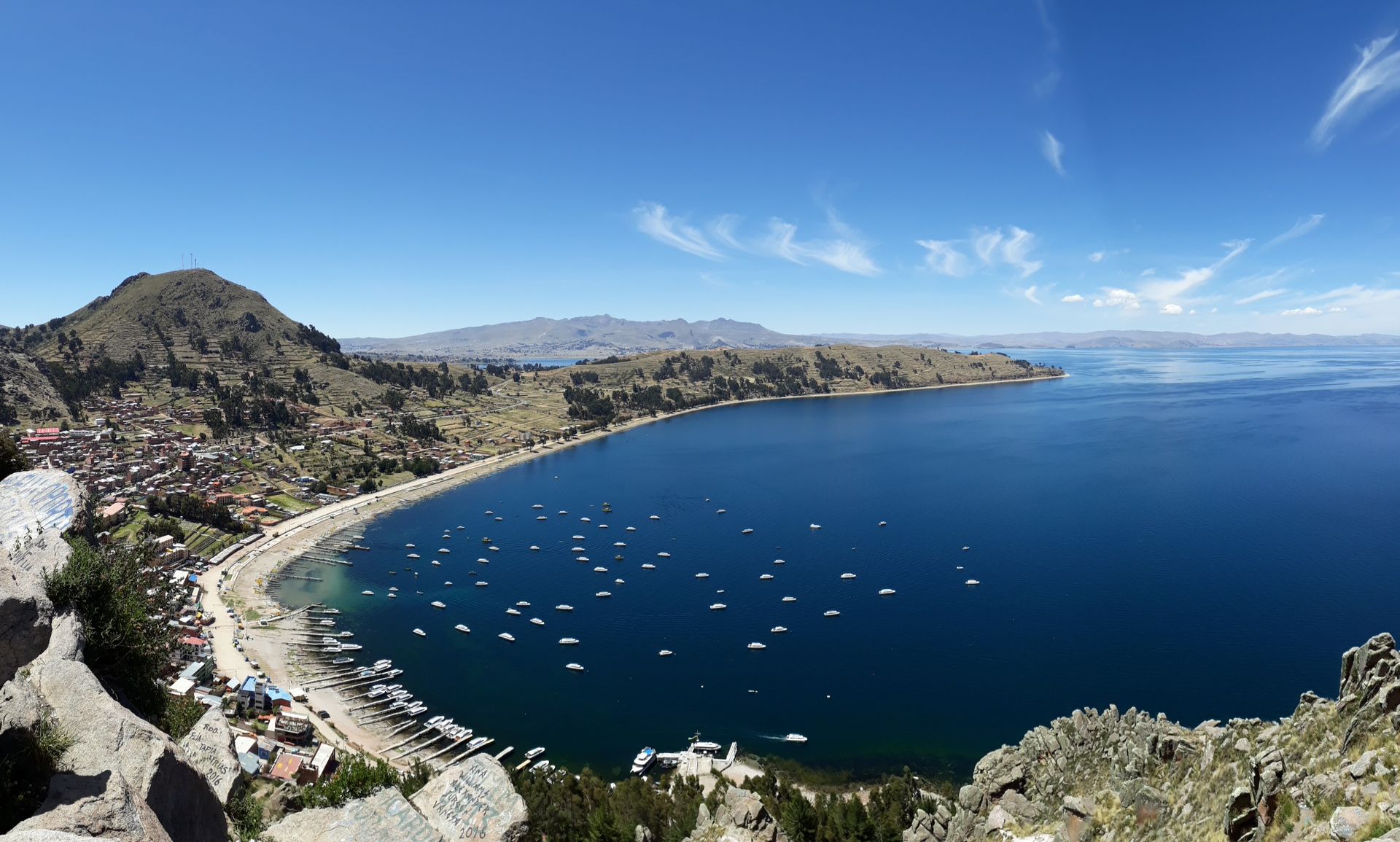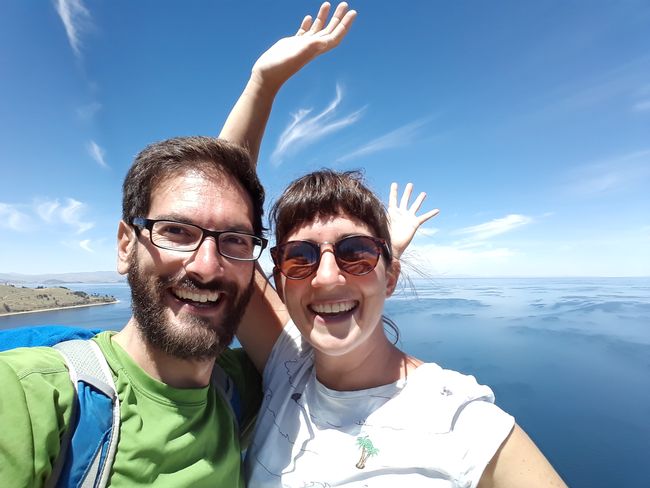Guatemala - Lake Atitlan
Објављено: 23.06.2017
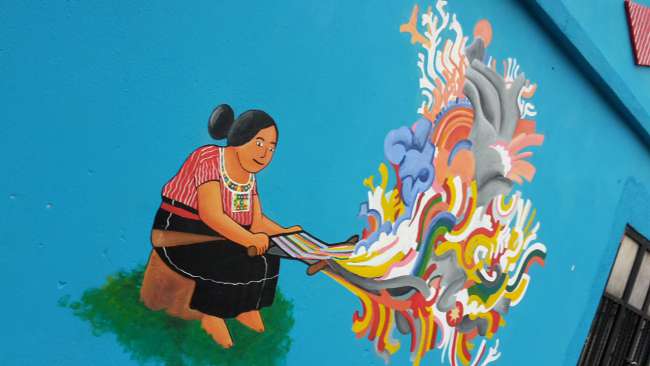
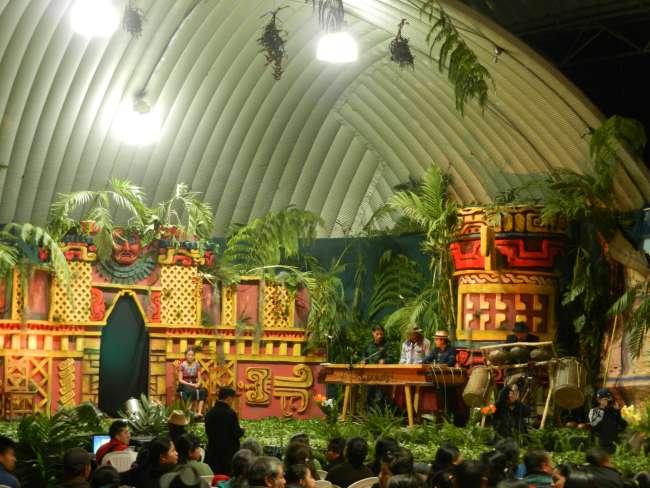
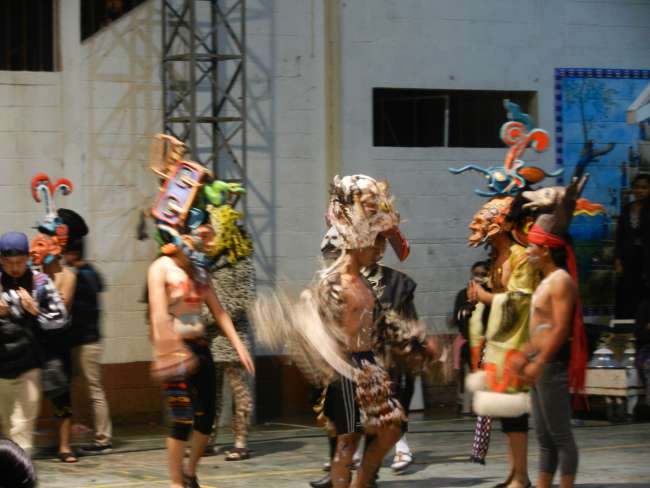
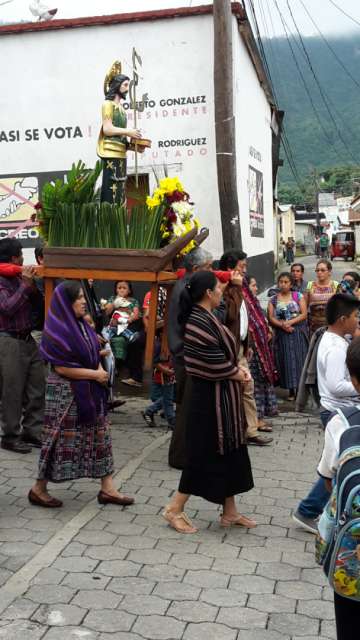
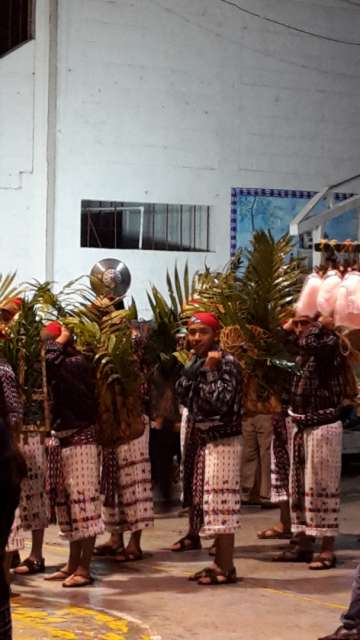
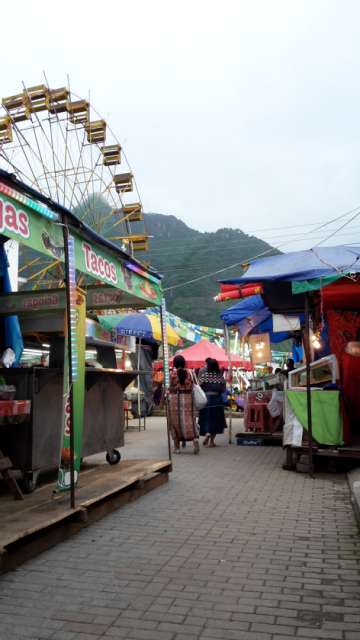
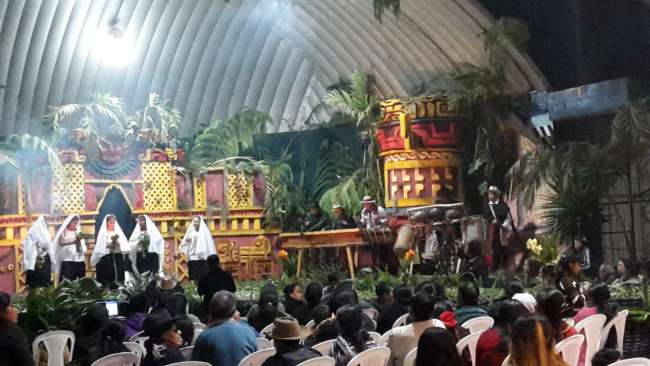
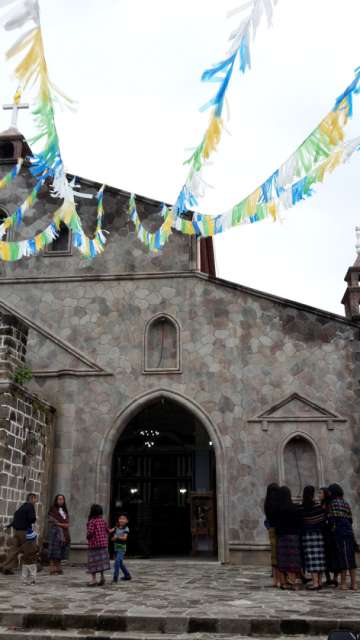
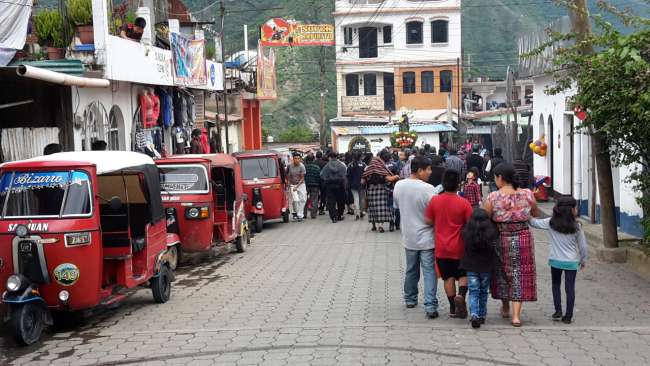
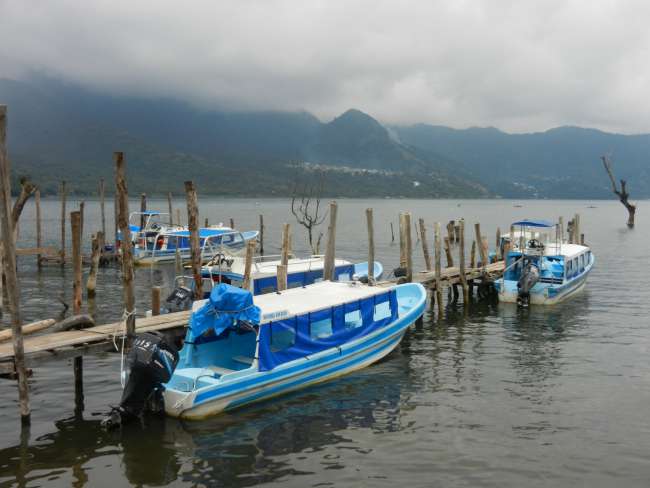
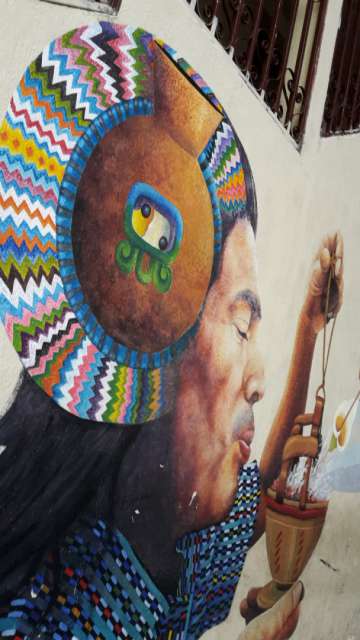
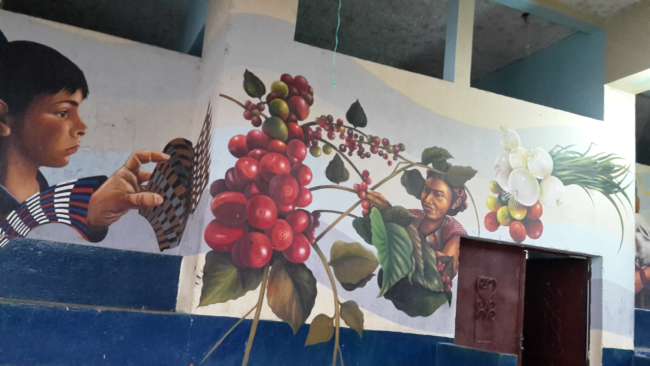
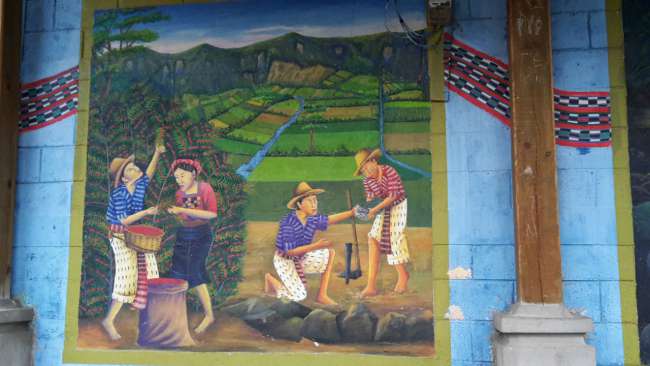
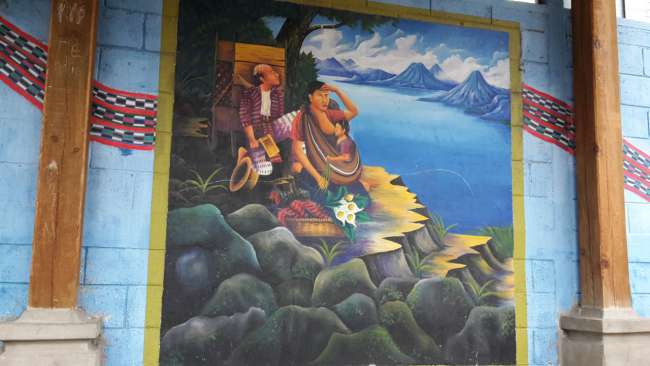
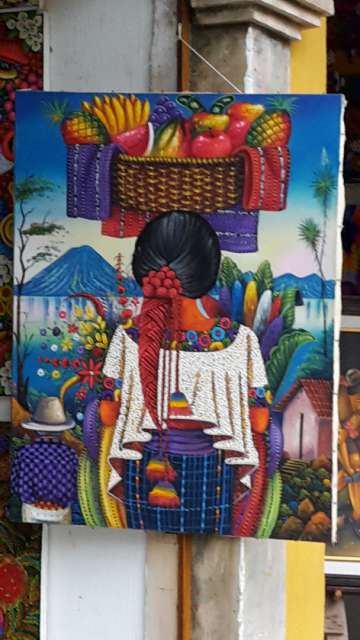
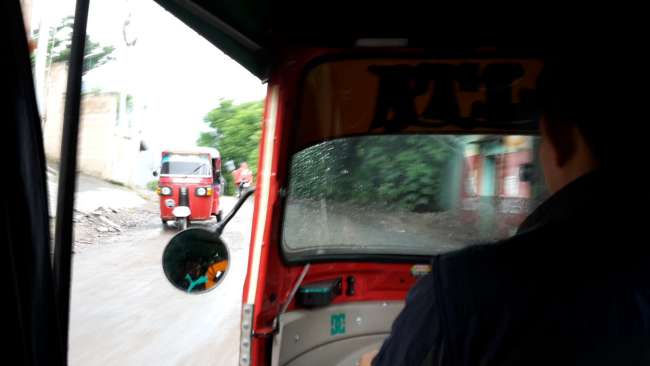
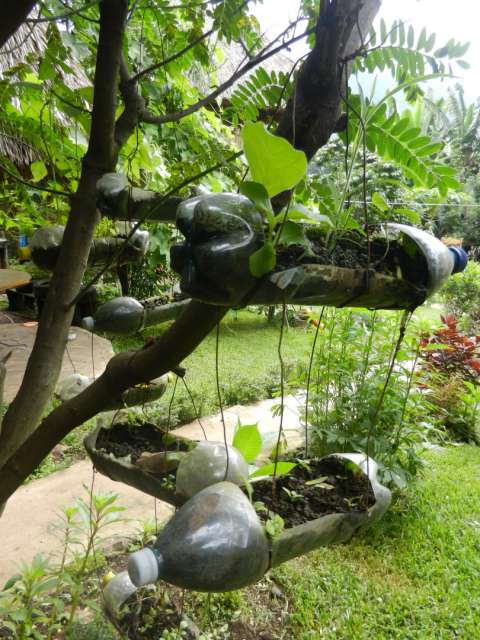
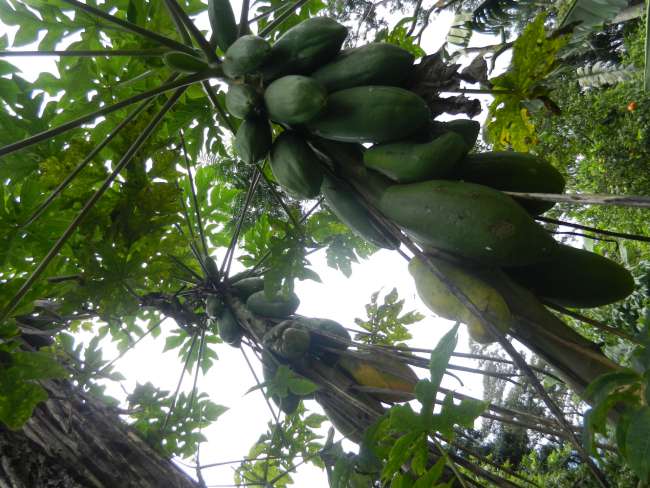
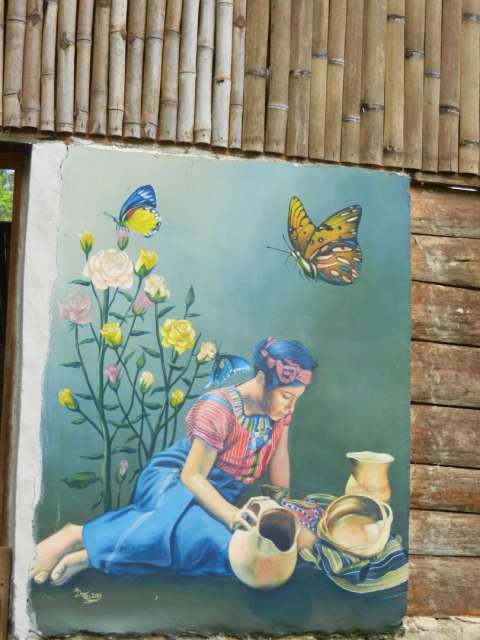
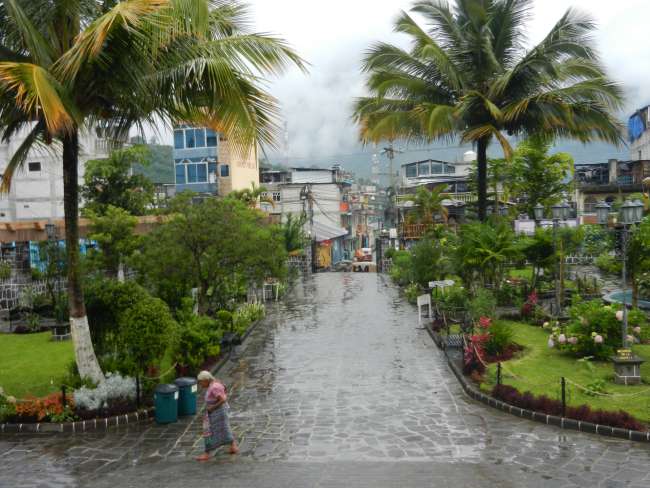
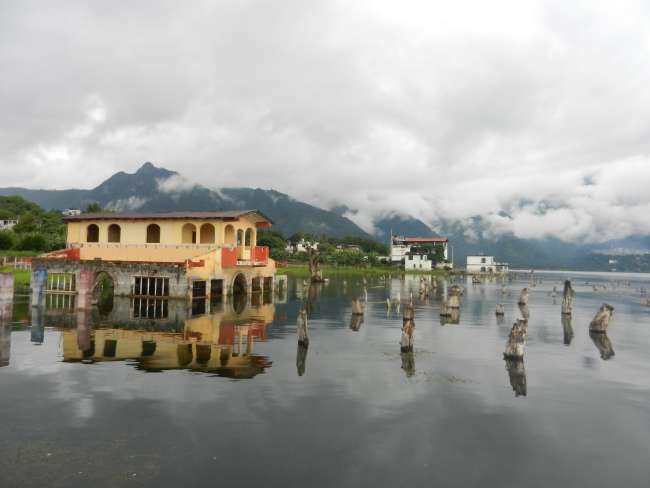
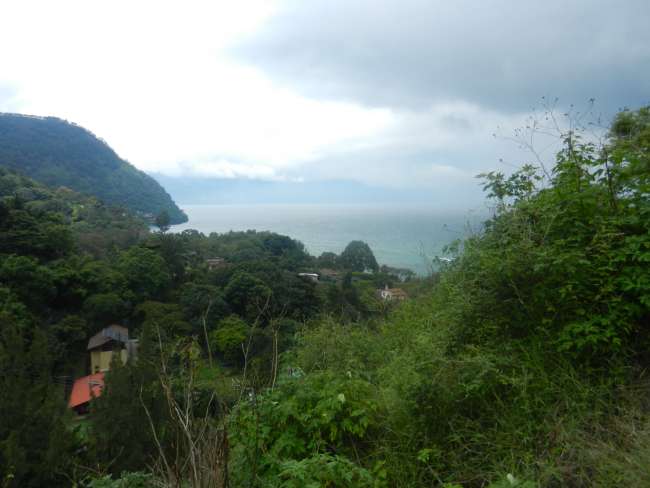
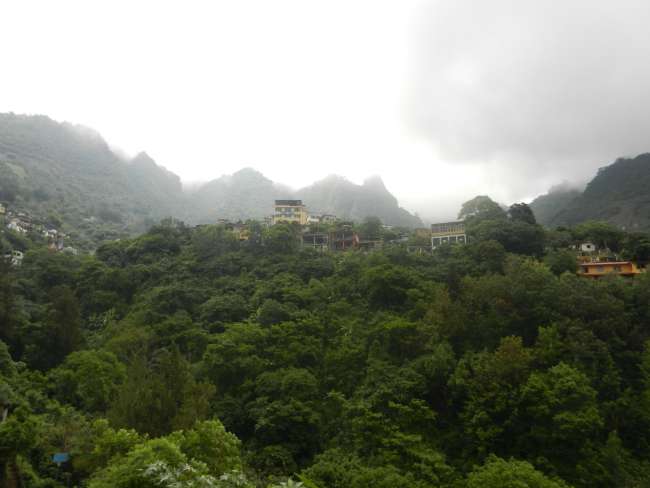
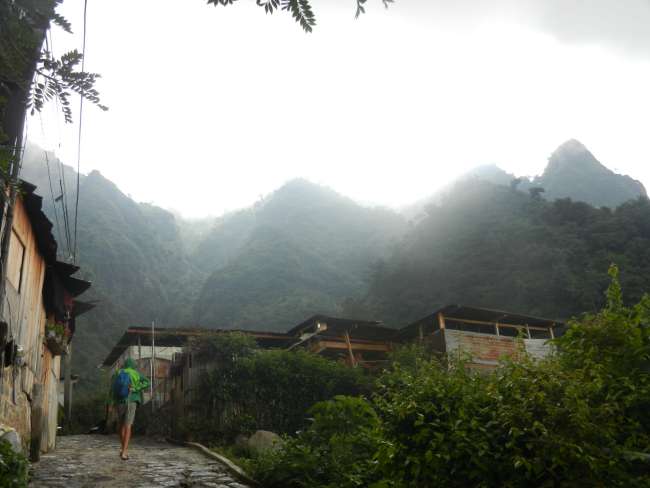
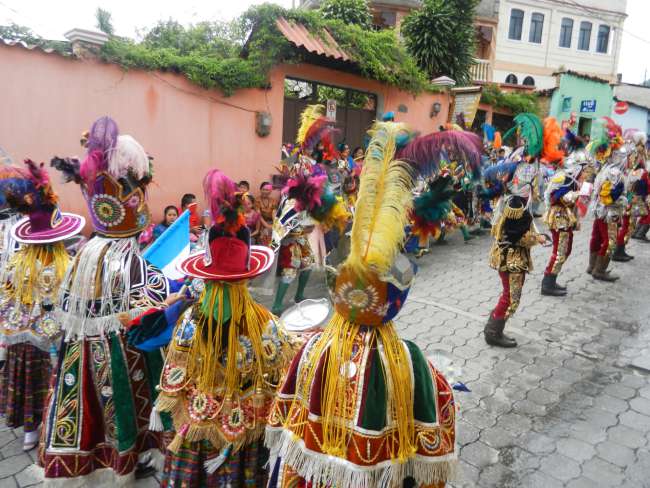
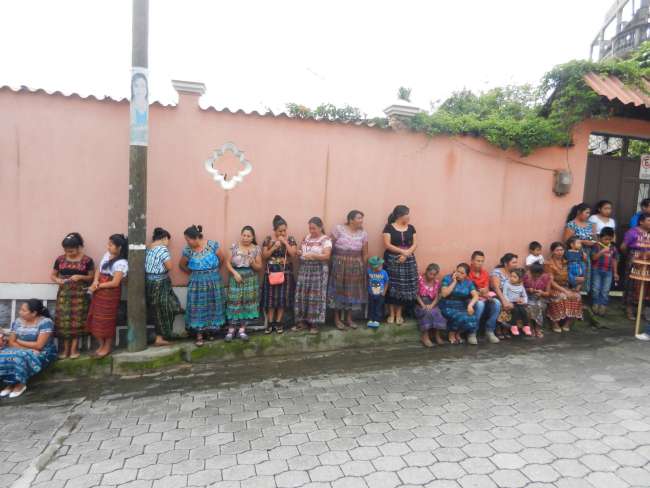
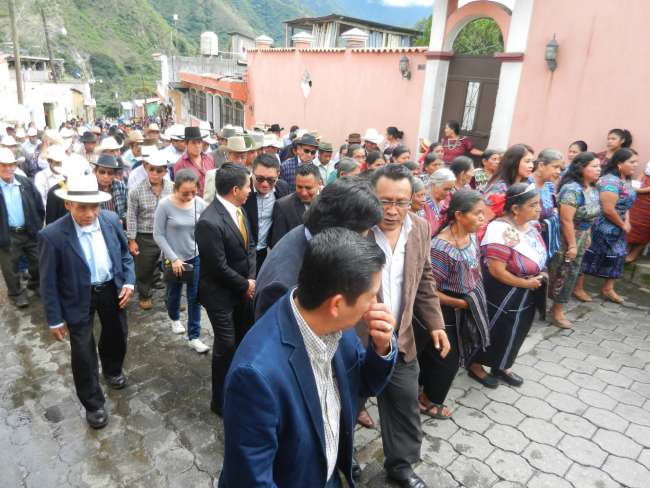
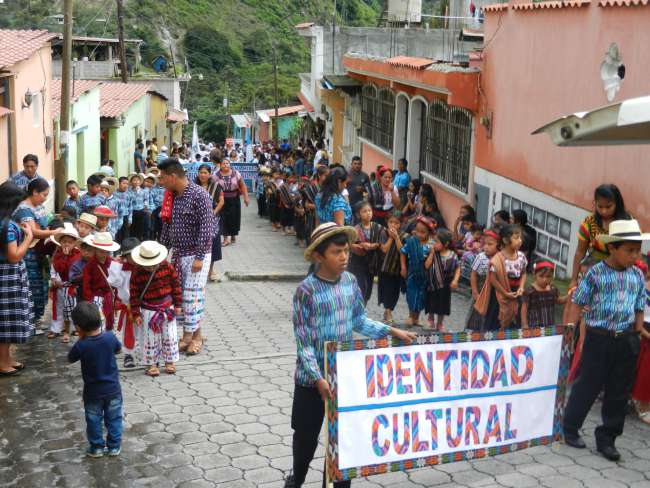
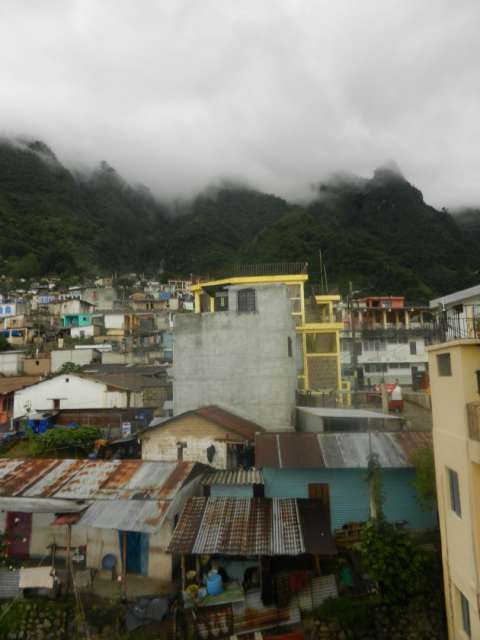
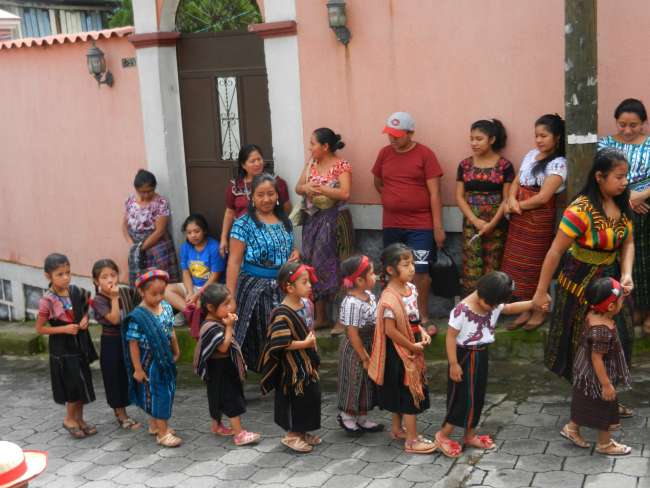
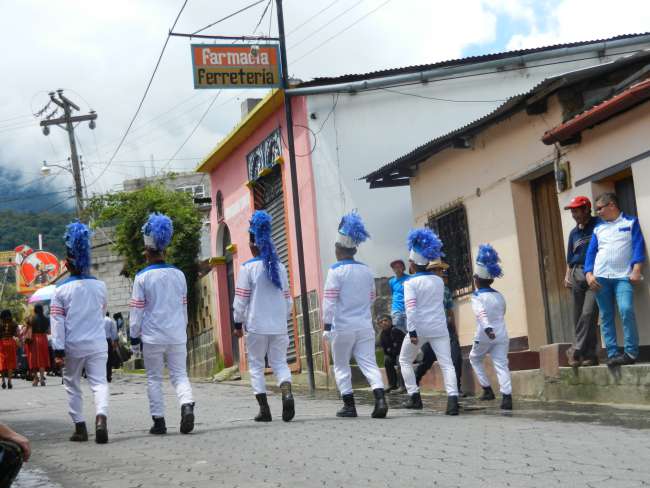
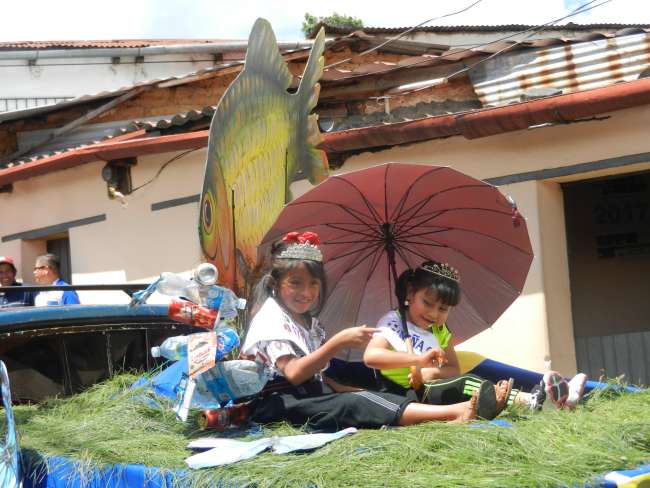
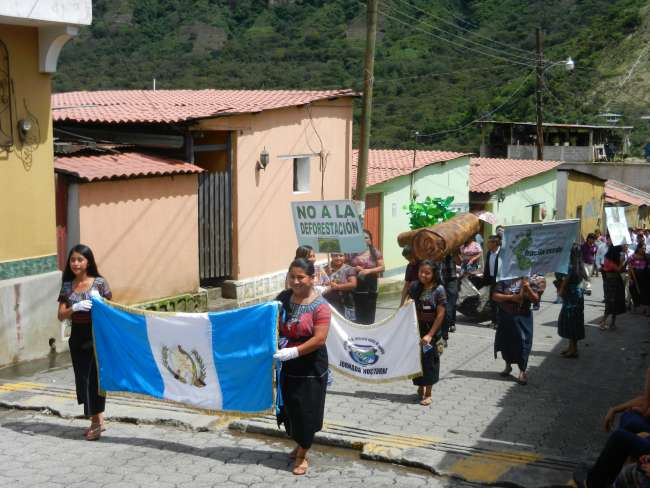
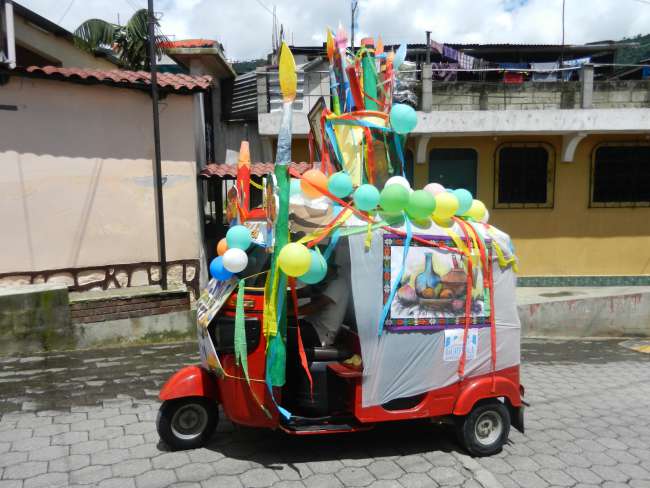
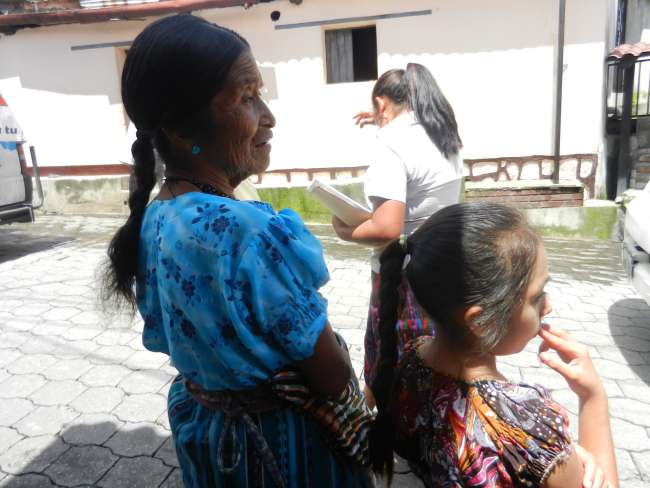
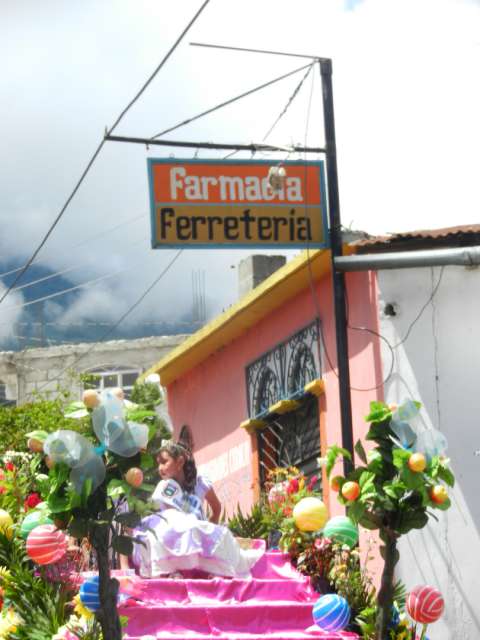
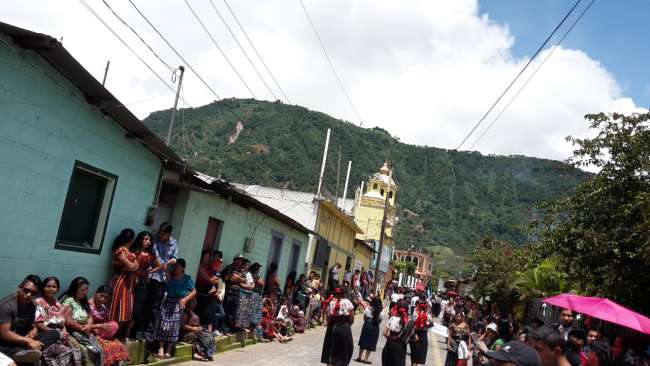
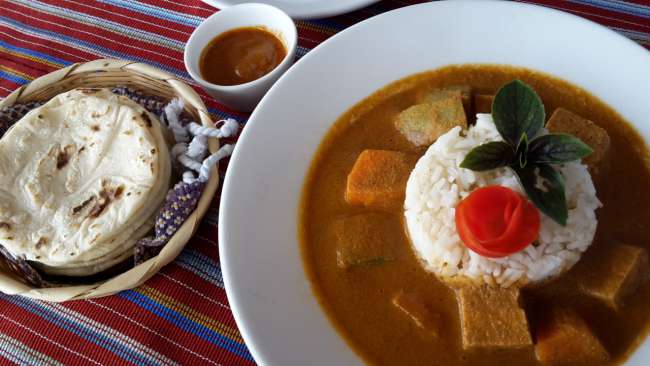
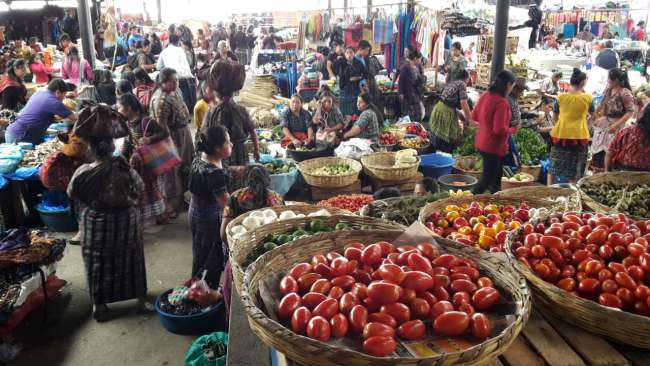
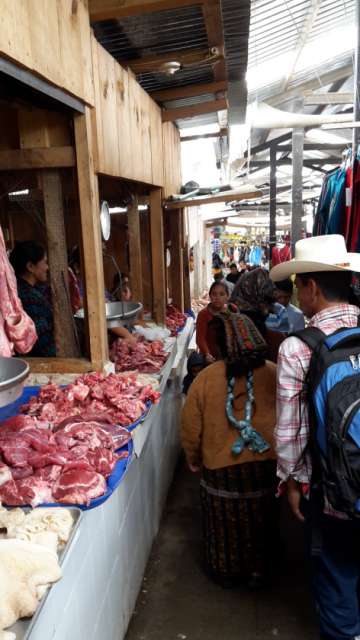
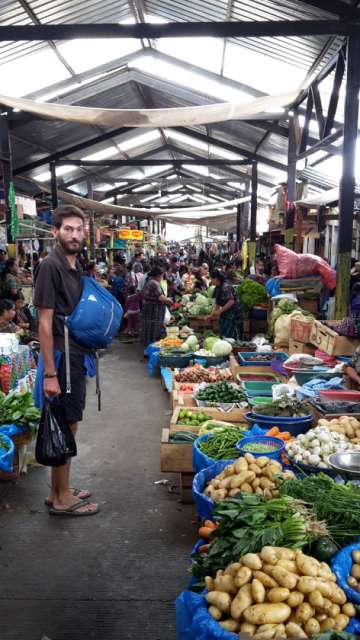
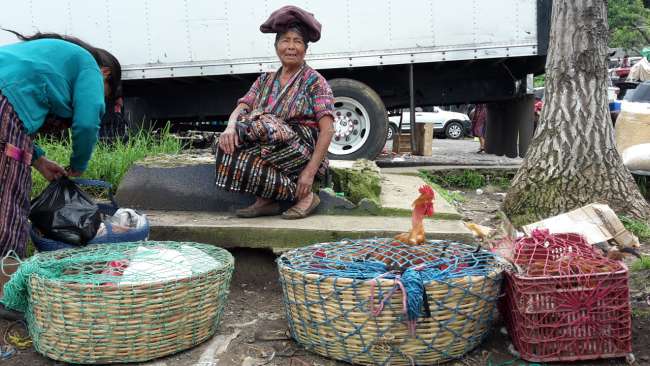
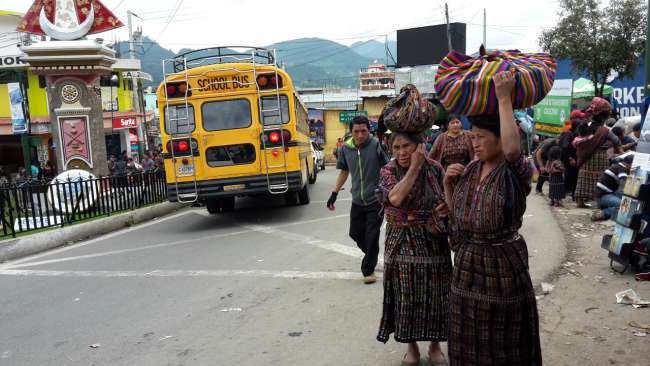
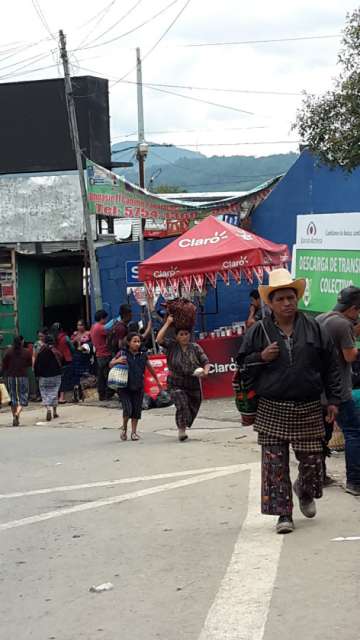
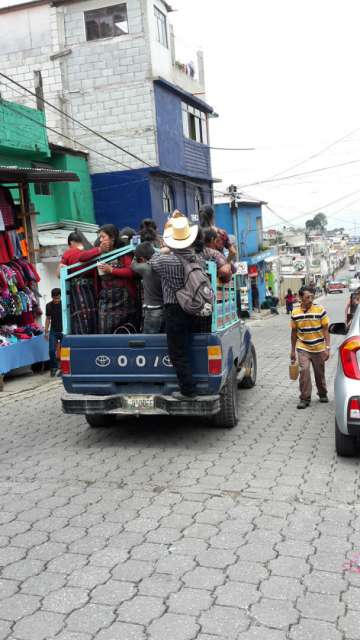
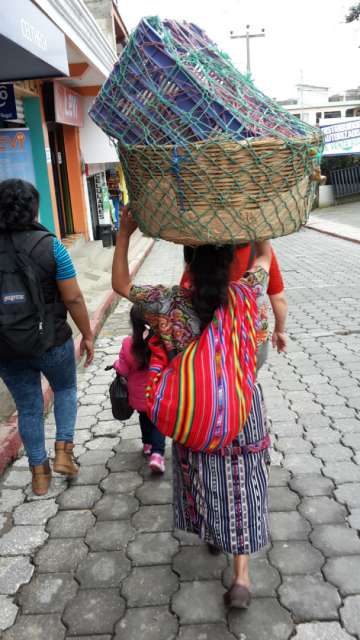
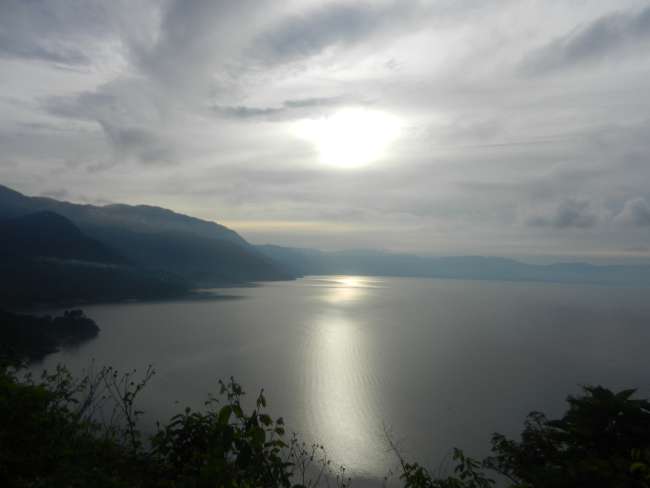
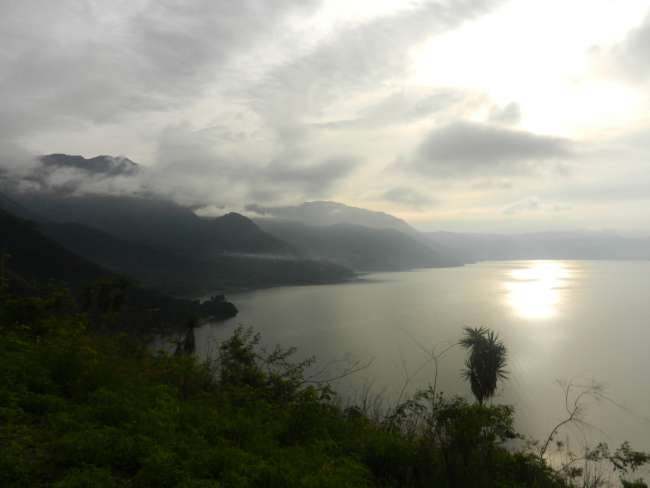
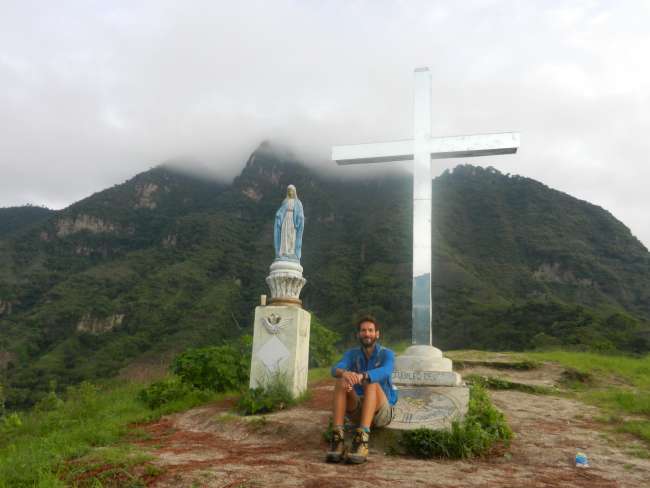
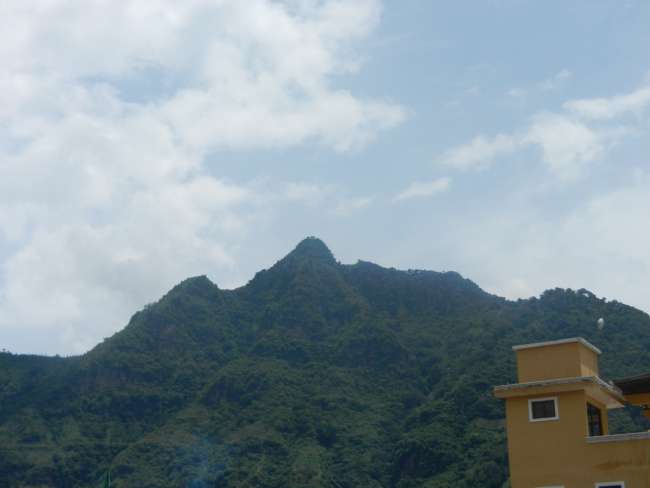
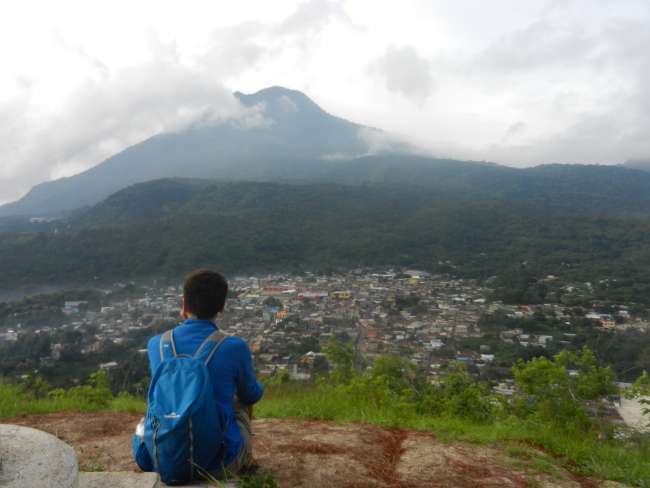
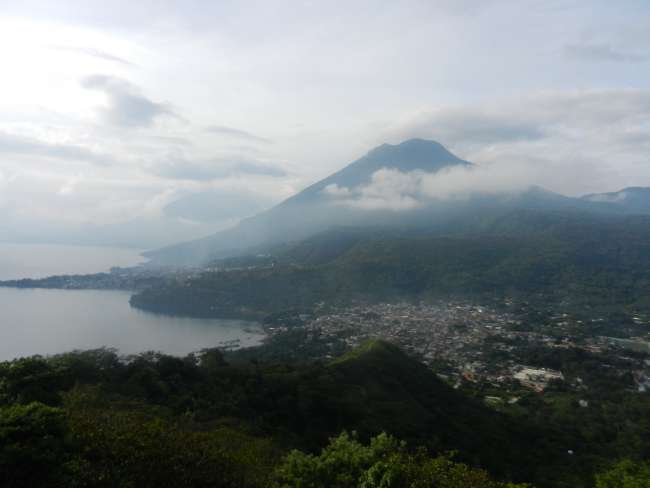
Пријавите се на билтен
From Antigua we take a chicken bus to Lake Atitlan, a beautiful lake surrounded by volcanoes and mountains. We have chosen the village of San Juan La Laguna, where we can take one of the many water taxis from the city of Panajachel. Traveling by boat is faster, cheaper, and more enjoyable than the rough gravel roads around the lake. Upon arrival at the hostel, we learn that it is the week of the village festival in honor of the patron saint San Juan, and there will be many cultural activities, most of them from Mayan culture. The only hostel in the village is nothing special, but it has a great garden. Additionally, the climate here is cooler than in other parts of the country, which we are very grateful for 😊
On the first day, we have the pleasure of witnessing a procession and various Mayan dances performed by students from the village. Harvest dance, bone healer dance, cardinal directions dance, etc. The dances are accompanied by live music with drums, flutes, and the highly appreciated marimba. The native language of the villagers is Tzutujil, which is well-preserved and spoken as the first language by everyone. The children learn Spanish only in school, so many speak it quite well nowadays. All women wear their beautiful traditional costumes, and some men also dress in traditional attire for the village festival. By the way, San Juan is an artist town, and you can see paintings on the walls of houses throughout the village, as well as several galleries. Many of the women still dedicate themselves to traditional weaving and create magnificent pieces made from naturally dyed cotton. Despite the well-preserved culture and language, the people are very Catholic and actively go to church. However, Mayan elements are also present there.
It's hard to believe how friendly the people here are. Pleasantly reserved, open and approachable. We feel very welcome and truly embraced by the community. Almost everyone on the street greets us warmly and with a smile (not laughing at us 😉), and we strike up conversations with some of them. Here, you are not treated like a walking wallet, but simply as a regular person. After Flores and Antigua, which are both touristy cities, this is very refreshing.
The next day is the big parade in the village. Mostly children, but also adults, dance and play music in the main streets of the village. In the evenings, there are daily concerts, featuring both marimba music and other Latin American music, and one evening even a rock concert by a well-known local band. It is interesting to note that there is no real dancing, and no alcohol or cigarettes are consumed. We don't see a single person with a beer bottle or similar. We also don't see any pubs in the village... seems to be highly frowned upon. But an endless fireworks display and insanely loud firecrackers are a must - we are scared to death every time and half-deafened 😁
We also visit the slightly larger village of San Pedro on the lake. You can walk there or take one of the many tuk-tuks. It's also nice, but less authentic because it's more touristy. We prefer San Juan, although we had the best tacos we've ever eaten in San Pedro! Santa Cruz is also a quiet and traditional place on the lake, with no road access, only reachable by boat, probably because it is located in the middle of the green mountains. There we eat Pepian, a traditional Guatemalan dish with a sauce made from ground pumpkin seeds and ground sesame 😍
From San Juan, you have a direct view of a mountain that looks like a face, more specifically a Mayan face. You can hike up there through corn and coffee fields and from the highest point, the nose, admire the view of the lake and the surrounding volcanoes. Of course, we did that and also became a welcome breakfast for hundreds of mosquitoes 😦
The main city in the area is Solola, and there is a market on Fridays. It is by far the most interesting market we have seen so far. Originally, we wanted to go to the market in Chichicastenango, which is said to be the largest market in Central America. However, we were told that the market has completely lost its original character and has turned into a tourist attraction, so we decided against it. Solola is authentic and there are no tourists. It's a pushing, shoving, and shouting through the narrow, crowded paths full of colors and impressions. People from the surrounding aldeas come to the town to sell and buy, and each aldea has a different traditional costume. Here, many men also wear their traditional attire (shirt, pants, sash, hat) in everyday life, which is just as beautiful and splendid as the women's costumes. The treatment of animals, especially chickens, is cruel. They are treated no differently than a loaf of bread or other merchandise. Squeezed into baskets, carried on people's backs, driven around in buses (hence the name Chicken Bus). The only somewhat positive aspect is that it is publicly visible, everyone knows what they are buying (although the locals don't seem to think that the treatment is wrong, but rather normal). The abuse is not practiced behind closed doors, as it is in Europe, for example. Solola has a typical Guatemalan cemetery next to the market. They are - as it should come as no surprise - colorful. Guatemala is colorful not only during their lifetimes 😉
So, what else? Oh yes, one morning we were awakened by an earthquake. It was no big deal for the villagers, but for us, it was already a medium-sized earthquake 😁 but nothing happened and it was over after half a minute.
The village, and Guatemala in general, has a real problem with stray dogs. They are everywhere, some are doing well, others are in very poor condition. We fed some of them and were able to "save" an abandoned, almost starved, and sick puppy for now. We took him off the street, took him to the vet, and arranged for the hostel to take care of him. At least one dog is being taken care of for now.
The kindness of the Maya people has touched us, and I will miss San Juan. We felt very comfortable here and would have liked to stay longer. I can imagine coming back here and staying for a while to get to know the wonderful people, their culture, and the beautiful area better and take care of a few more dogs 😊 Our journey continues, and we are heading to Honduras!
From Antigua we arrive at Lake Atitlan, a beautiful lake surrounded by volcanoes. The town where we will spend these days is called San Juan la Laguna, with about 10,000 inhabitants. To get there, we get off the bus in Panajachel, and from there we take a boat for about half an hour to our destination. Upon arrival at the hostel where we stay, we are informed that the festival of the patron saint San Juan Bautista will be celebrated in the coming days, and there will be many cultural events, many of them of Mayan origin. The hostel is nothing special, but it has a beautiful garden. The climate here is much milder than in hotter parts of the country, which we appreciate a lot.
On the first day, we attended some regional dances of Mayan origin performed by the village students. Among them are the bone healer dance, the nature dance, and the harvest dance. Here everyone speaks the Tzutujil language, even the youngest, and they only learn Spanish in school. Women of all ages wear their regional costumes, with vibrant colors. The people here, in general, are the friendliest and most polite I have ever seen, and they always greet you with a smile.
The next day, we visited the village of San Pedro, the most touristy one on the lake. It is beautiful, but less authentic, as there are many tourists and Western shops, as well as many Spanish language schools. Actually, we like San Juan more, but we found a place where they serve the best tacos we have eaten so far. We also visited the village of Santa Cruz, smaller than San Juan and surrounded by a mountain forest of stunning green.
On the second day of the festival, we attended the grand parade, where every school in the village and the surrounding areas performed dances and music. There were also processions dressed as Mexicans or conquerors. In the evenings, there are concerts of marimba and Latin music. We were surprised that the people here don't really dance, and we didn't see anyone drinking alcohol, not even a beer or a cigarette. However, there are never-ending fireworks and deafening firecrackers.
We also have time to visit the market in Solola, the most important city in the region. We had planned to go to Chichicastenango, whose market is well-known as the largest in Central America, but it seems that it has become just another tourist attraction, and we wanted something more authentic, and we certainly found it. The market in Solola is the liveliest market I have ever seen and full of people. Here, both men and women wear their traditional costumes, and men wear a short skirt over their pants or sometimes without pants, which is quite unique and beautiful. People are pushing and shoving everywhere, which can be uncomfortable at first, but after a while, you get used to it :-).
Another day, we go on an excursion to the mountain with the Mayan face, specifically its nose. From here, there is an incredible view of the lake, the volcanoes, and the little towns, and although the climb is tough and you get eaten by mosquitoes, it's worth the effort.
Oh! And here at the lake, I experienced my first earthquake. It was around 8 in the morning, just after waking up, when the bed started shaking. It wasn't very strong and lasted for 30 seconds, but for me, it was more than enough :-).
Lake Atitlan has been a marvelous experience, where we have been able to truly see and get to know the Guatemalan people. It is one of those places that you hate to leave. But our journey continues, and the next stop will be in Honduras, specifically on the island of Utila, where we plan to go diving again.
Пријавите се на билтен
Одговор
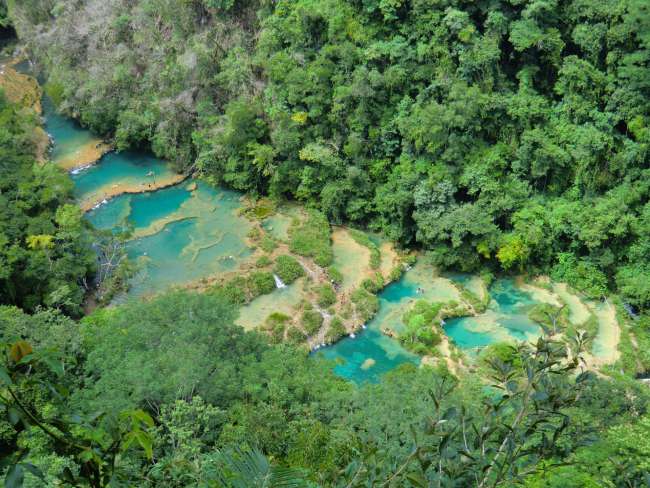
Извештаји о путовањима Гватемала
